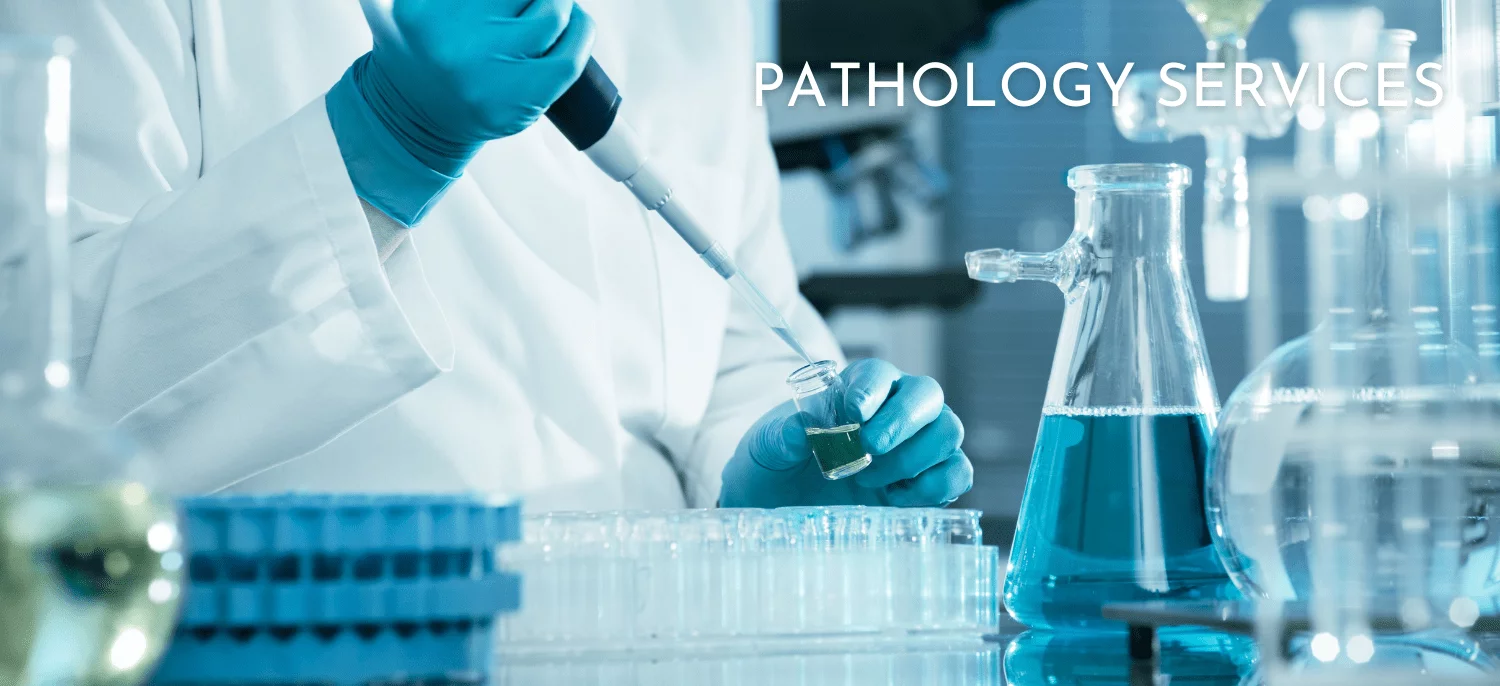Pathology Services
Introduction
Pathology services are a vital component of modern healthcare, providing essential insights into disease diagnosis, progression, and treatment. This branch of medicine involves the study of tissues, organs, and bodily fluids to identify diseases and assess their impact. In this article, we will delve into what pathology services encompass, how the procedure works, the wide range of services they offer, safety considerations, and the numerous benefits they bring to patients and healthcare providers alike.
What are Pathology Services?
Pathology services encompass a broad spectrum of medical practices that focus on the study of tissues, organs, and bodily fluids to understand disease processes. Pathologists, highly trained medical specialists, play a critical role in diagnosing diseases, determining their severity, and guiding treatment decisions. These services are crucial in various medical fields, including clinical medicine, surgery, and research.
The Pathology Procedure
The procedure for pathology services typically involves several stages:
Sample Collection: A sample of tissues, cells, or bodily fluids is collected from the patient. This can be done through procedures like biopsies, blood draws, or other minimally invasive techniques.
Sample Processing: The collected samples are carefully processed in a laboratory. They may be stained, sectioned, and prepared for microscopic examination.
Microscopic Examination: Pathologists use high-powered microscopes to examine the samples at a cellular and molecular level. This allows them to identify abnormalities, such as cancer cells or infectious agents.
Data Analysis: Pathologists analyze the data and generate reports that provide diagnostic information to healthcare providers. These reports guide treatment decisions and patient care.
The procedure for pathology services typically involves several stages:

Certainly! Here’s some content about pathology services, including what they are about, the procedure, the services offered, safety considerations, and the benefits:
Title: Exploring Pathology Services: Understanding the Procedure, Offerings, Safety, and Advantages
Services Offered
Pathology services encompass a wide array of diagnostic and clinical offerings, including:
Histopathology: Examining tissues for abnormalities, including cancer and inflammatory conditions.
Cytopathology: Evaluating cells, often from bodily fluids, to diagnose diseases like cervical cancer.
Hematology: Analyzing blood samples to diagnose blood disorders and conditions like anemia or leukemia.
Microbiology: Identifying infectious agents such as bacteria, viruses, and fungi.
Molecular Pathology: Examining genetic and molecular markers to tailor treatments for conditions like cancer.
Benefits of Pathology Services
The benefits of pathology services are manifold:
Accurate Diagnosis: Pathologists play a crucial role in ensuring accurate and timely diagnoses, which are essential for effective treatment planning.
Tailored Treatment: Pathology reports guide healthcare providers in tailoring treatments to individual patients, optimizing outcomes.
Disease Monitoring: Pathology services are essential for monitoring disease progression and treatment effectiveness, allowing for adjustments when necessary.
Research Advancements: Pathology contributes to medical research by providing insights into disease mechanisms and potential therapeutic targets.
